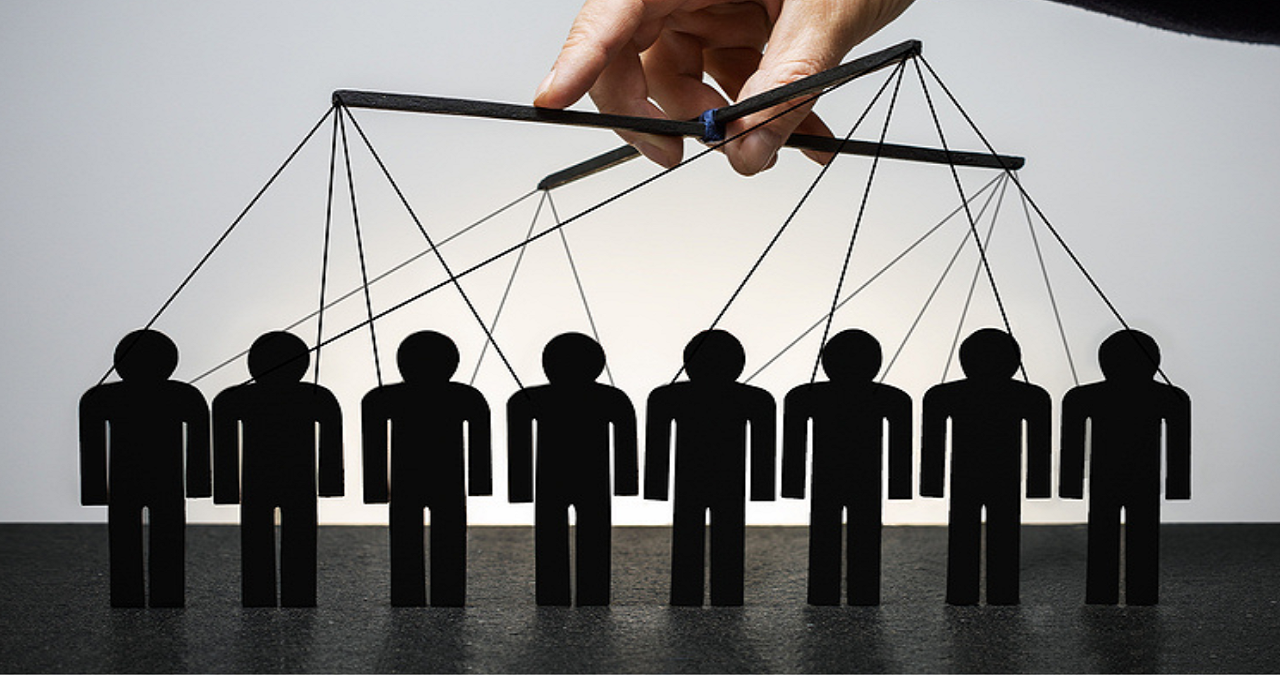Some individuals try to control others by making them feel bad or embarrassed or taking away their happiness if they don’t comply with their requests. Often referred to as emotional manipulation, this habit is tough to stop. If you are a victim of emotional manipulation, there are Ways to Stop Emotional Manipulation.
When someone manipulates another person to achieve their goals using trickery, fear, coercion, or deceit, manipulation occurs. Because manipulators think about themselves and don’t consider the needs of others, they vary from positive social influence.
Fair influence should not include using someone only for personal gain. Instead, you acknowledge their wants and sentiments while persuading them to agree with your viewpoint.
How To Stop Being a Victim of Emotional Manipulation

1. Identify The Signs
Identifying the telltale indications of emotional manipulation is the first Way to Stop Emotional Manipulation.
Feelings such as confusion, guilt, or doubt about your perception or reality; feeling responsible for the manipulator’s feelings or issues; feeling under pressure to agree, comply, or apologize even when you are not at fault; feeling alone, undercut, or criticized by the manipulator or their allies; or feeling drained, exhausted, or stressed after engaging with the manipulator could all be signs that you are dealing with an emotional manipulator.
It is imperative that you take action if you recognize any of these symptoms.
2. Identify Your Weaknesses
Many manipulators have a great deal of talent for “reading” others. They search for certain flaws that they may take advantage of. The following characteristics may make it simpler for someone to influence you:
- You greatly desire to satisfy other people at the expense of your demands.
- You don’t think that someone would intentionally hurt you or try to manipulate you.
- You look for justifications for people’s bad behavior.
- Your self-esteem and confidence are poor.
- You rely on other people emotionally.
Think about whether you possess any of these qualities. After that, consider how you might handle them. To increase your belief that you have control over your life, you may increase your self-assurance and cultivate an internal locus of control.
3. Set Boundaries
The solution to How to Stop Emotional Manipulation is establishing solid and unambiguous limits. Establishing boundaries allows you to respect your needs, beliefs, and rights while conveying them to others. Boundaries are the restrictions you place on what behavior is acceptable and unacceptable.
Saying no to unreasonable demands or requests, for example, expressing your feelings and opinions honestly and politely, asking for clarification or evidence when you are suspicious, limiting or cutting off contact with the manipulator if they continue or escalate, and seeking support from dependable friends, family, or professionals are just a few strategies you can use.
Setting limits can assist you in avoiding or lessening the effects of emotional manipulation.
4. Identify Potential Manipulators
Spotting potential manipulators is one of the Ways to Stop Emotional Manipulation. It’s critical to recognize those who exhibit manipulative behavior. The crucial thing in preventing manipulation is awareness.
In addition to the actions we mentioned above, watch out for the following types of people:
- Want always to have their way.
- Refuses to accept no as a response.
- Will do whatever it takes to succeed.
- Provide justifications for harmful or cruel actions.
- Makes you feel guilty all the time.
Put on a “face” to accomplish a quick goal or act differently with various individuals.
Even though you may not be able to avoid these individuals altogether, you should always exercise caution around them.
Additionally, pay attention to what potential manipulators say and observe their actions. By observing their actions, words, and silences, you may pick up on their strategies. You can avoid them, laugh them off, or face them head-on if you know the tools and tactics they use.
5. Be Rational and Calm
Maintaining composure and reason to defend oneself against emotional manipulation is critical. This is so that they can keep you under control; emotional manipulators often attempt to take advantage of your feelings.
To make you feel guilty, afraid, sad, or obligated, they could turn to rage, terror, sympathy, or love. They could also tell you falsehoods, distortions, or logical fallacies to get you to question your own judgment or reality.
When feeling overwhelmed or provoked, it’s crucial to take deep breaths, count to ten, or take a pause to prevent being exploited in this manner. It’s also critical to focus on the situation’s facts and proof rather than your feelings or presumptions.
Examining your prejudices, feelings, and expectations and how they could affect how you perceive or respond is also crucial. Verifying or clarifying the facts may also be accomplished by asking questions and looking for other viewpoints.
Ultimately, you may fend against emotional manipulation by restating your principles, objectives, and sense of self and how they either coincide with or diverge from the manipulator’s.
6. Be Assertive
Being assertive requires standing up for your own interests but still respecting the needs of the person you accuse of attempting to manipulate you.
First, acknowledge the other person’s perspective on the matter. Then, be straightforward in expressing your wants. When you are clear about what you want, you will appear strong and confident.
Use “I” statements to avoid generalizations & accusations, and be frank and persistent. Instead of saying, “You’re taking advantage of me,” you may add, “I would feel taken advantage of if I did that.”
When you confront manipulators, they often shift the topic or use various evasive strategies. For instance, if you decline, they can propose a meeting to discuss the request later.
7. Be Focused
Being focused is an answer to How to Stop Emotional Manipulation. Manipulators will employ evasive or diversionary methods to weaken your resolve or divert you from your goal when you stand up for yourself.
Refrain from allowing them to do so, and maintain your focus on the subject you want to address.
8. Recognize and Establish Personal Boundaries
Consider the actions you will and will not tolerate from other people. By establishing boundaries, you may help them when they need it without letting them abuse you.
Remember when you were used as a pawn in someone else’s game and what they sought? Do you want to “draw a line in the sand,” or will you put up with any of these actions once more?
As you go through this process, keeping a record of your ideas might be helpful. You’ll be able to think through the issue more clearly, reinforce your limits in your thoughts, and find a healthy way to express your emotions if you put your comfortable boundaries in writing.
Why Do Individuals Manipulate Other People?
There are many explanations for manipulative behavior in humans. Essentially, they may lack the abilities or confidence to influence and convince others properly; therefore, in order to get what they want, they turn to dishonest means.
But their actions often have more profound, more subtle reasons. “Who’s Pulling Your Strings? “Written in 2004. Dr. Harriet B. Braiker’s book, “How to Break the Cycle of Manipulation and Regain Control of Your Life,” noted that manipulative individuals included:
- Feel compelled to sacrifice others to achieve their goals.
- Must possess authority and power in their interpersonal interactions (Low self-esteem may be the cause of this).
- They want to have a sense of control over their surroundings and other people’s behavior. Without it, people might get nervous.
If you ever spot yourself being surrounded by and victim of manipulative people, know there are Ways to Stop Emotional Manipulation.
FAQs
Q: Where are these manipulators commonly found?
A: They can be found anywhere. Be it in your family or office.
Q: What are the signs of a manipulator?
A: The common signs of manipulators are:
- Coercive argumentation.
- Conditioning.
- Guilt tripping.
- Lying.
- Denial.
- Shaming.
- Playing the victim card.
Q: I live with an emotional manipulator but can’t walk away. What to do?
A: If you are sure that person is manipulative, you must leave that toxic relationship. Get help if you can’t do it on your own.











